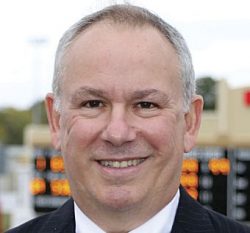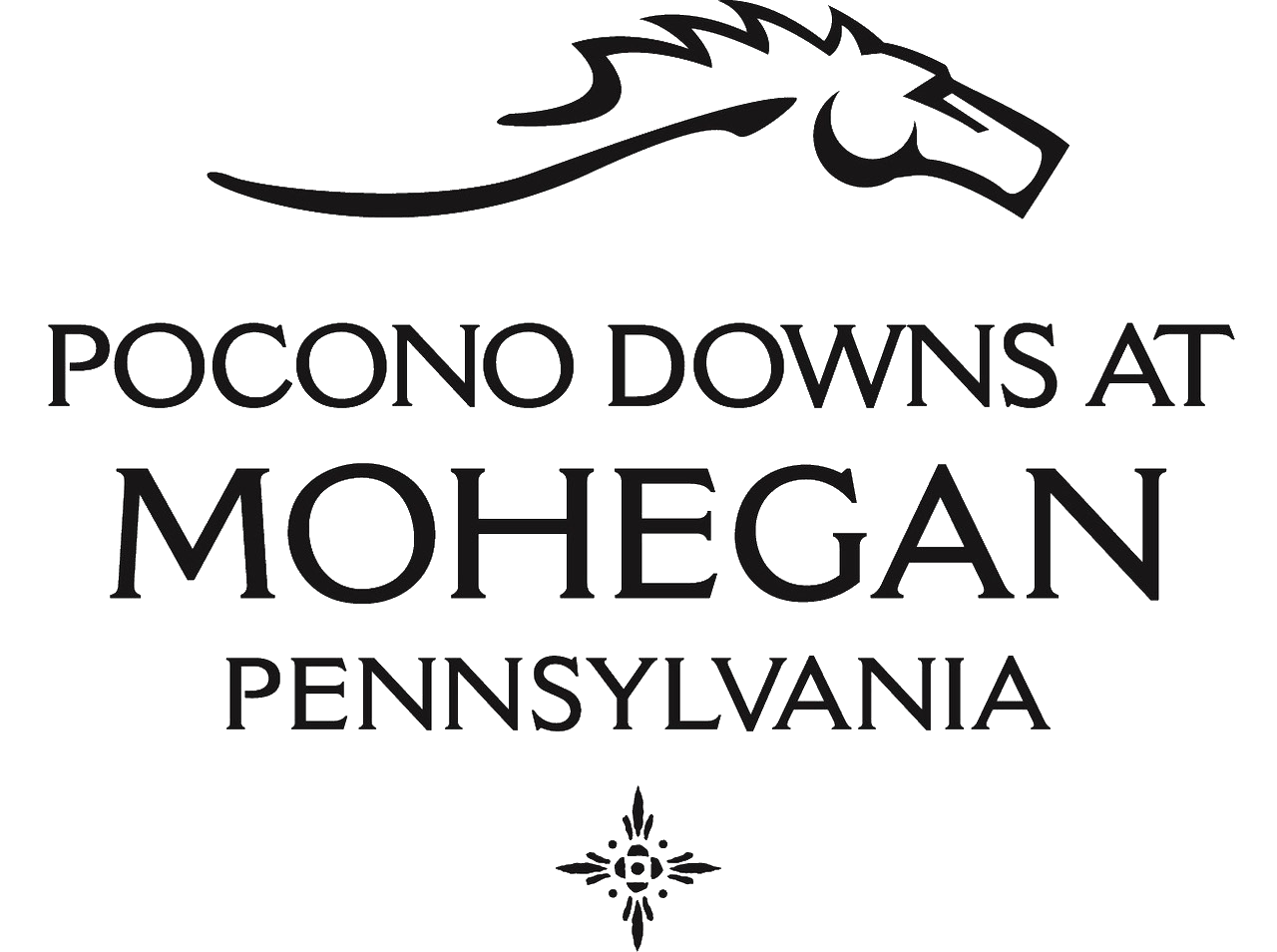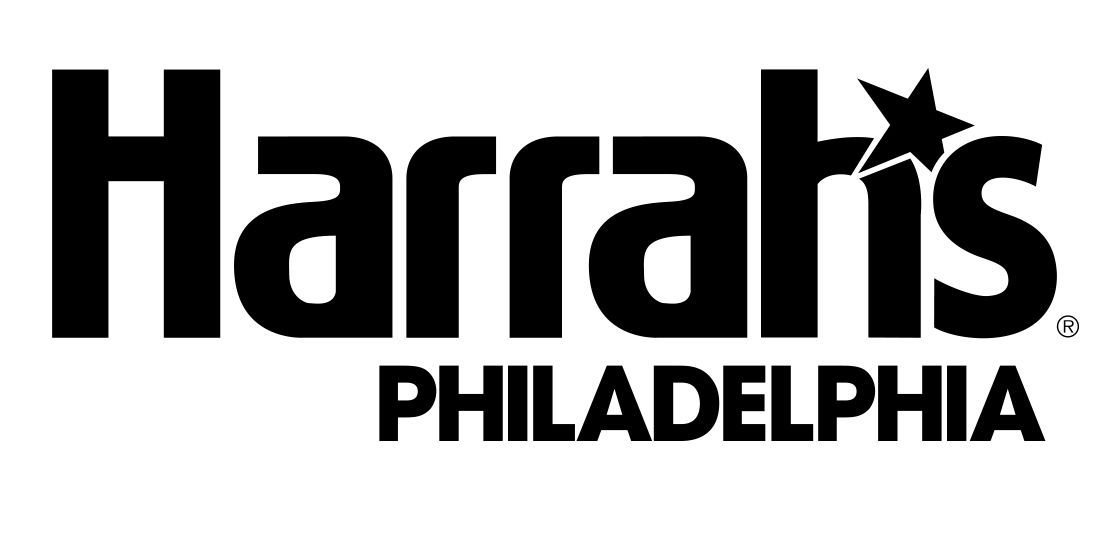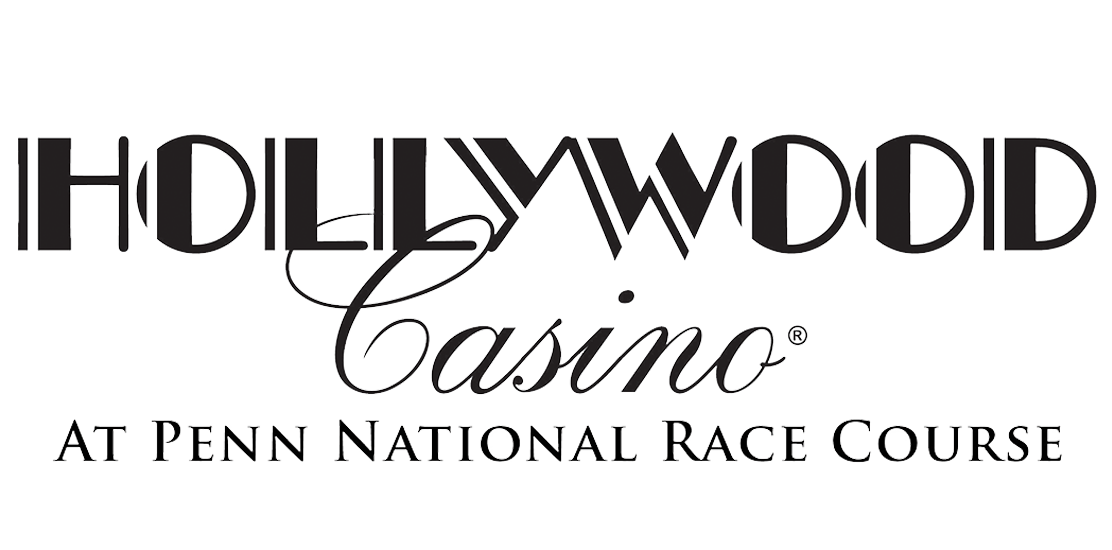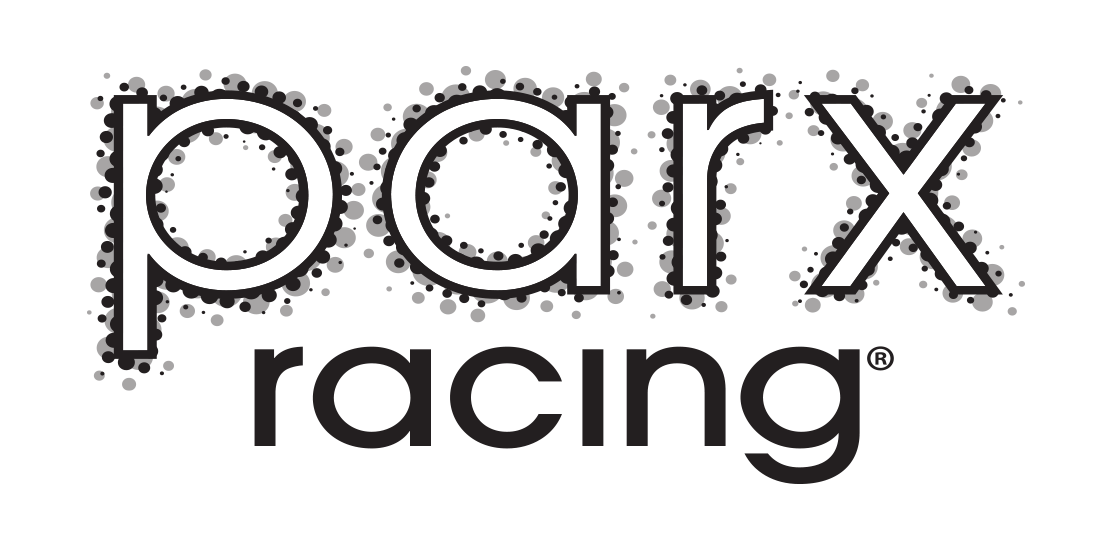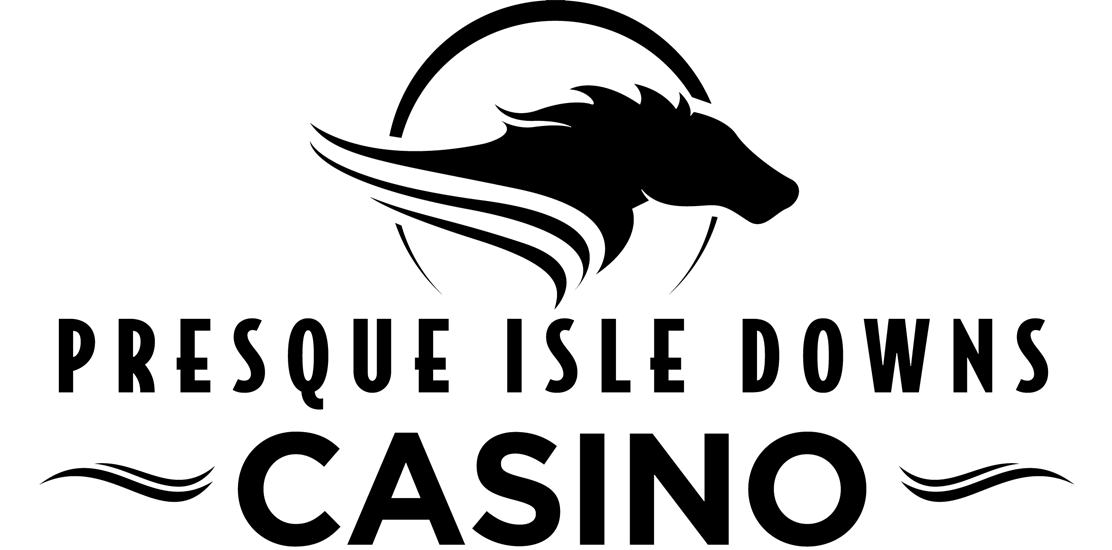The first horse for which he groomed won the Little Brown Jug, as did one of the last horses he trained. He simultaneously ran the racing operations of two tracks in the family of Penn National Gaming, Inc. (PNGI), a $5.3 billion company that is among the world’s largest operators of casinos and racetracks. He serves as a director of the U.S. Trotting Association from District 7 and currently is the board’s vice chair.
Now, Mark Loewe is giving it all up. Late last month, he announced his retirement, effective in mid-December 2020, from his PNGI posts. He hopes to complete his term as a USTA director, which expires in 2023.
At 63, Loewe might have looked forward to many more productive years on the job, but largely personal reasons prompted his exit now. He and his wife, Janet Terhune, executive director of the Harness Racing Museum and Hall of Fame, have worked diligently at a long-distance marriage — she resides at their Goshen, N.Y., home, he near the two PNGI properties in the Youngstown, Ohio, area — and that has taken its toll.
“It was okay for a while, but now it’s at the point where that was certainly a big part of the equation,” said Loewe. “And I don’t want to wait until I can’t enjoy retirement. So many people who have to work say, when I retire I’ll do all this. By the time they do, they may have health issues. Thankfully, I’m in the position where I felt the stars aligned, and it seemed like the right thing to do at the right time.”
If this is indeed the end, it’s been a diverse career that began in a setting utterly without equines — a Manhattan apartment building where Loewe and his childhood friend, Mike Klau, grew up and learned harness racing from Klau’s father. If the beginning was unlikely, the ending was even more incredible, as Klau also became an accomplished industry executive. He’s now the syndicate manager for Southwind Farms.
“My father went to Yonkers every Monday night,” Klau said. “You couldn’t get into Yonkers if you were a kid, so my father took me to Goshen. I fell in love with it and got Mark hooked on it. The way it turned out is pretty amazing. No one’s mind is more boggled than mine when I think about it.”
With that informal education under his belt, Loewe earned a degree in government and politics from St. John’s University and, just as importantly, participated in a Roosevelt Raceway program to teach youth the hands-on basics of harness racing. Inspired, he started grooming at Yonkers and, in 1978, attracted the attention of Peter Cashman, second trainer for Bill Popfinger, who hired him as a full-time caretaker.
The first horse Cashman assigned him looked, at best, a middling type who, early in his 3-year-old campaign, was stuck in C-1 races at the New York tracks.
“Going into the year he was third string at best,” Loewe recalls, “because Billy had Say Hello and Spicy Charlie, his 2-year-olds who were top, top performers. Unfortunately, neither one came back good at 3. This guy picked up where they left off.”
This guy, of course, was Happy Escort, who improved so dramatically that he won the 1978 Little Brown Jug. Buoyed by that and other successes for Popfinger and later, Jerry Silverman, Loewe took out his trainer’s license and opened a public stable, which was able to attract such prominent clients as George Steinbrenner, Lou Guida, Bob Boni and George Segal.
Much of Loewe’s training record is lost to posterity; he compiled almost all of it before the USTA began collecting and archiving trainer statistics. But in 1991, his final year as a trainer, he achieved a .323 UTR, albeit in limited starts. Among the standouts in his last cohort of freshmen was a son of Cam Fella-Madam Madusa named Fake Left, who won the Jug in 1992.
Even with that outstanding record, Loewe could see the writing on the wall.
“I was looking with my first wife to possibly start a family,” he said. “I’d seen a lot of families in the industry. For some, there were no issues. Others were challenged with all the travel involved. The industry was changing.
“Also, I realized I had my limitations. I had great owners, but I’m not a good promoter of myself, and that’s what you have to be if you want a big stable. I felt it was the right time. I was fortunate in that I did have four years at St. John’s and felt comfortable moving on to an administrative role.”
The connections he made as a trainer helped him land a job at Pompano Park, where he stayed for 13 years before landing at PNGI. He had a stint as general manager for the Sanford-Orlando Kennel Club, a greyhound track, and served at several other PNGI properties before taking on his most recent — and perhaps most demanding — role, heading racing operations for both The Meadows Racetrack & Casino and Hollywood Gaming at Mahoning Valley Race Course, a Thoroughbred venue in Ohio.
It was during this period that PNGI experienced its great growth spurt. Once the operator of a sole facility, Penn National Race Course, the company now operates or has ownership interests in 41 racetracks and casinos. Loewe was involved in that growth, helping manage the construction and launch of both Mahoning Valley and Hollywood Gaming at Dayton Raceway. He counts that among his most satisfying experiences.
“I’m very appreciative of the opportunity to have been involved in construction of those two racetracks,” he said. “I was involved from Day 1 at both properties and saw them grow into very successful businesses.”
In his 43 years in racing, Loewe has seen many changes. Among the most significant, he says, is the rise and dominance of catch drivers.
“I think the tipping point, and I don’t say this in a negative way, was when Billy Haughton decided it was time to step aside and let Bill O’Donnell drive,” he said. “As far as I’m concerned, Billy Haughton was the greatest horseman ever. So, when he made that decision, the industry listened. That fast-forwarded the catch driver phenomenon even more.”
Freed from the Youngstown-to-Goshen loop, Terhune and Loewe plan to live in Goshen, where Loewe intends to keep up with harness racing.
“I certainly won’t walk away,” he said, “but in terms of, do I have a job lined up or anything of that nature, no. I really want to take some time and wind down, relax. I’d like to stay involved with USTA as long as I can. I’m not turning my back on the industry; it’s been my life. I’ll follow it as closely, if not even closer.
“I don’t have a lot of hobbies. I’m not a golfer. I don’t play tennis. I’m not a fisherman. I’ve kind of immersed myself in work for all these years. But I will find enough things to keep me busy. I won’t be sitting on the couch all day.”
Loewe’s future seems set, but does he see the same security ahead for harness racing?
“Racing in general has its challenges; it will continue to have its challenges,” he said. “You can pick up a Hoof Beats from 1960, 1970, 1980, and they all say the same thing: the industry will fold in five years. Here we are in 2020 and a lot of people are saying the same thing. And here we still go.”
Original Source Credited to: Ustrotting.com
